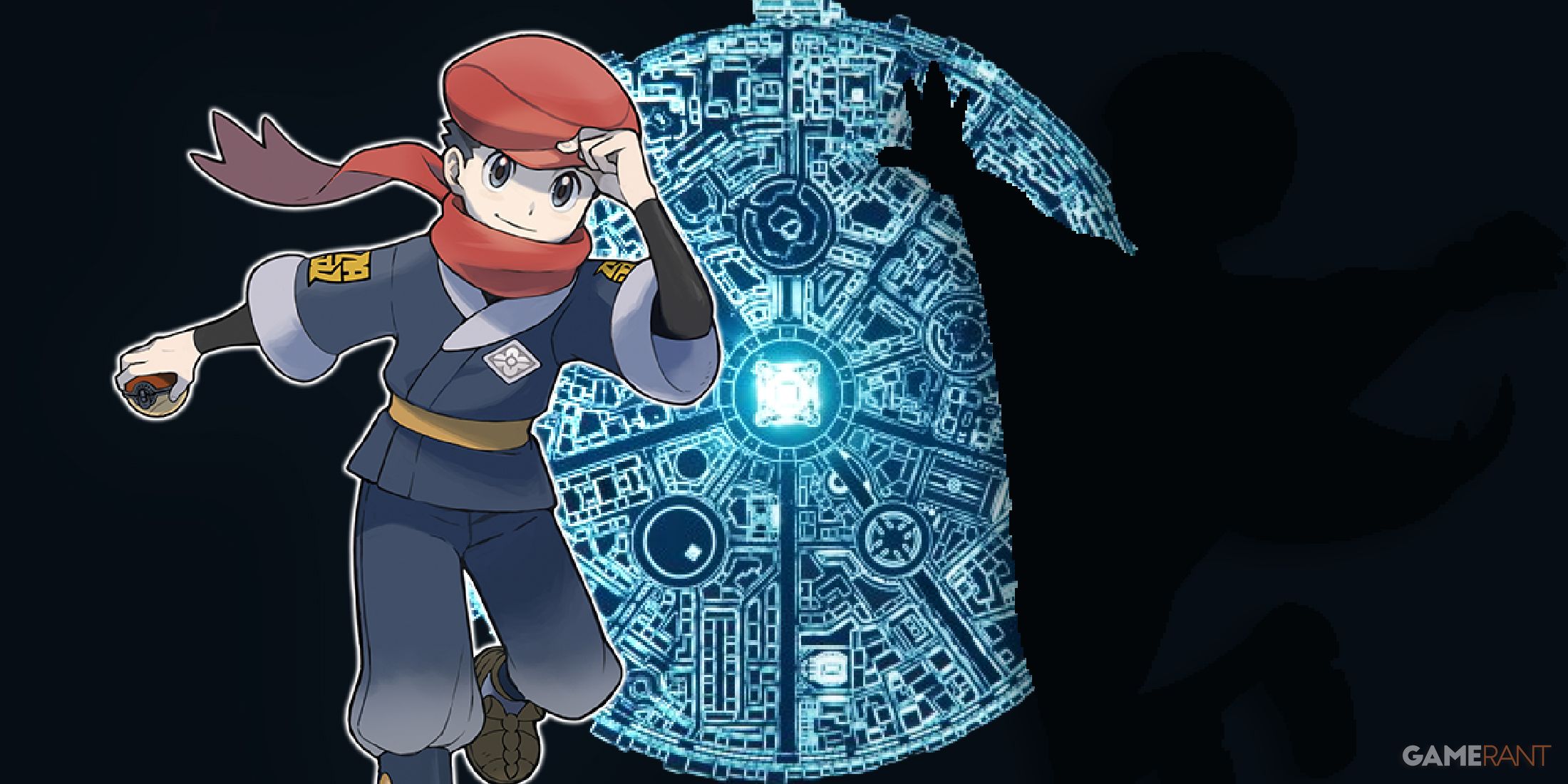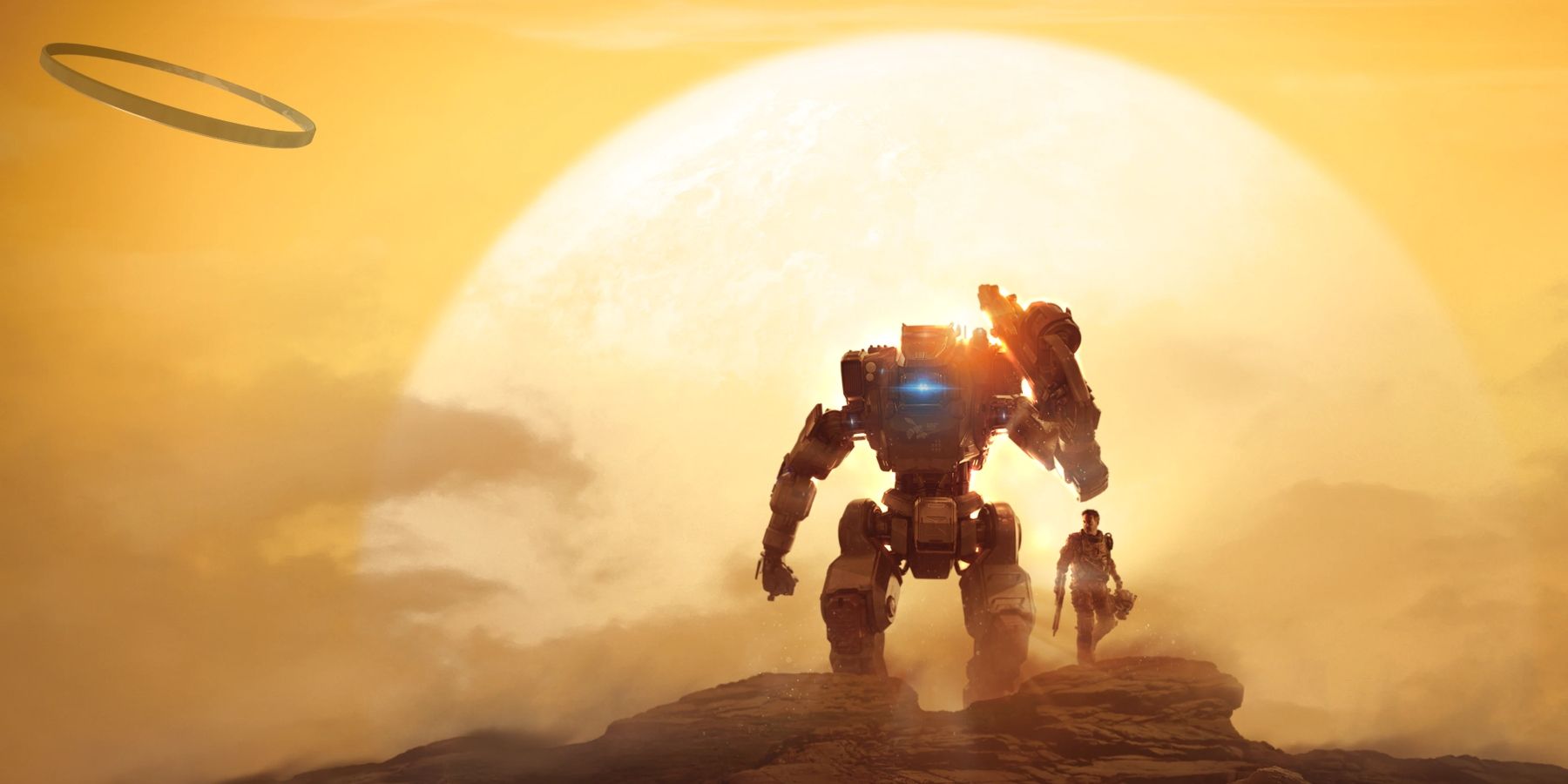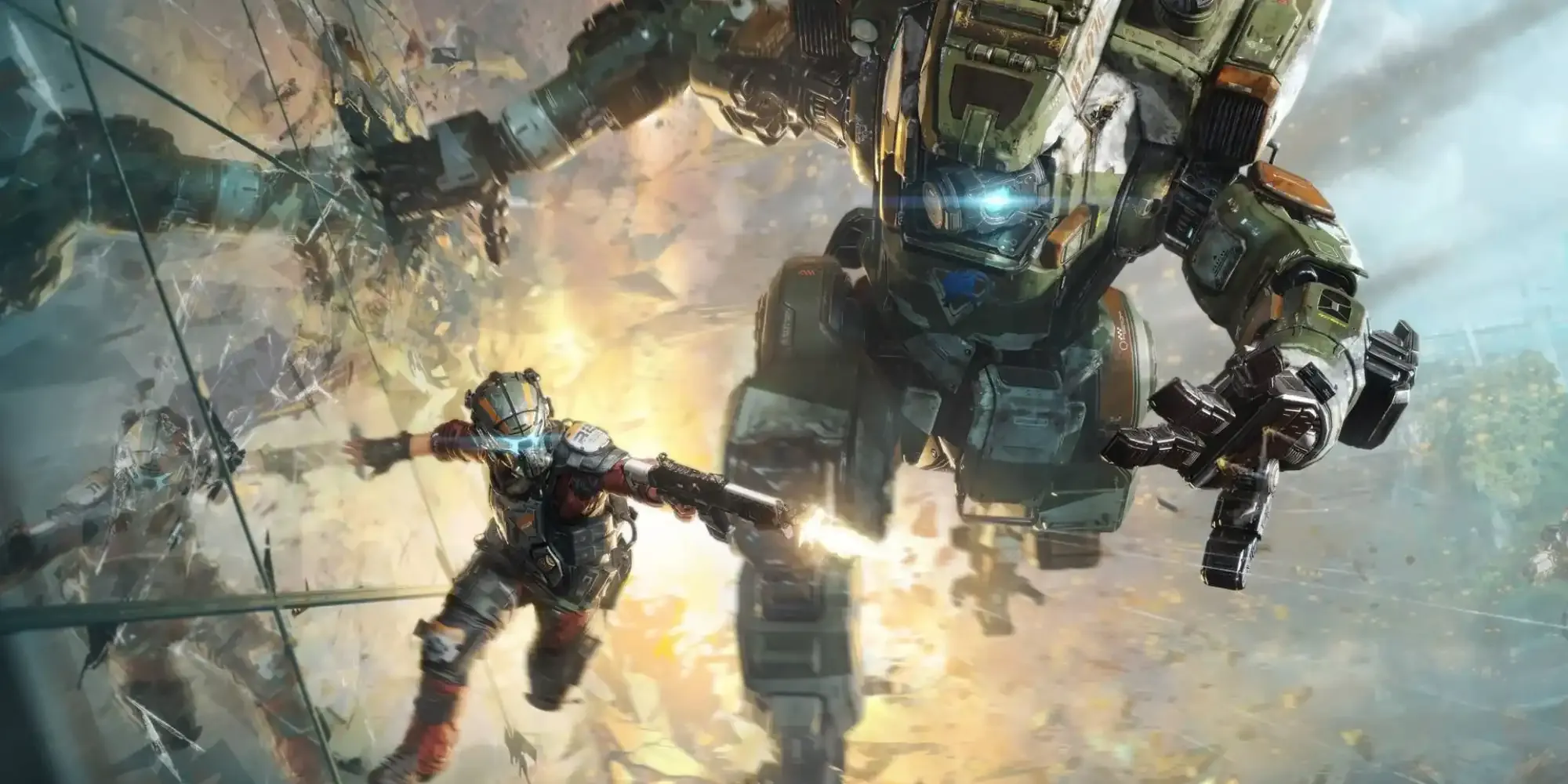A genre that's been around for at least a century or two, Sci-Fi is still one of the most popular genres in pop-culture. Whether it's superhero movies, Star Wars, cyberpunk animes, or just about anything with aliens, robots or electronics, the Sci-Fi genre dominates the worlds of movies, TV, and video games. And at the very top of one of the most popular genres in gaming was Halo, the peak Sci-Fi military shooter that's inspired every Sci-Fi game since. But Halo's time in the spotlight has come to an end, and it's time for Titanfall 3 to finally step out of the shadows.
When Titanfall released back in 2014, it was met with a bit of a mixed reception. Though its parkour-shooter/mech gameplay was innovative, its reliance on multiplayer-only modes was a little disappointing. But with the release of Titanfall 2 in 2016, perception of the series changed dramatically, and even seven years later, Titanfall 2 is still considered one of the best shooters around and one of the best Sci-Fi games of all time. And while EA and Respawn have repeatedly refuted that Titanfall 3 is in development, fans should never say never, as Halo Infinite's loss could easily be Titanfall 3's gain.
What Titanfall 3 Could Learn From Halo Infinite
It's no secret that Halo Infinite hasn't quite worked out as well as both fans and 343 Industries would have hoped. Though Halo Infinite's multiplayer component started out strong, with gameplay reminiscent of the franchise's golden age, its lackluster attempt to follow a live-service model only led to disappointment, and when bundled together with a confused campaign mode and a severe lack of additional features that are considered staples of the franchise, Halo Infinite has left a sour taste in fans' mouths. But it isn't all bad.
At its core, Halo Infinite is not a bad game. Halo Infinite really shined when it gave fans exactly what they wanted, a traditional Halo experience. In its first few weeks, Halo Infinite's reception was overwhelmingly positive, with fans loving the return to simple-to-learn but difficult-to-master arena-shooter gameplay. But by making the game live-service, 343 Industries wasted a lot of the fans' initial good faith in the game.
The biggest lesson that a hypothetical Titanfall 3 can learn from Halo Infinite is to just stick with what made the series so beloved in the first place. The most adored aspect of Titanfall is its engrossing high-octane gameplay, blending tight shooting mechanics with fluid parkour maneuvers, all topped off with empowering mech gameplay. Titanfall 3 should make its gameplay its sole focus. Titanfall 3 shouldn't worry about a Battle Pass or a constant stream of new content, as it should just focus on delivering a tight and fun Titanfall experience that's complete on launch.
Halo Infinite also suffered from a pretty big scaling issue. 343 Industries tried to make Halo Infinite the biggest and best Halo so far, and it's that elevated scope that led to some of the game's biggest problems. While Halo Infinite's open-world was initially quite fun to explore, evoking the same feelings as some of Halo: Combat Evolved and Halo 3's best moments, its lack of side activities made it a little redundant. Titanfall 3 shouldn't adopt a "bigger means better" approach to its own campaign or its multiplayer. One of the most well-loved elements of Titanfall 2 was its short but thrilling campaign mode, with its tight level design and experimental, unique gameplay being a true highlight. Titanfall 3 doesn't need to make things bigger, it just needs to hone in on what made the series so beloved in the first place. With the Halo franchise losing its way, there's now a big spot at the top of the Sci-Fi gaming genre ready to be filled, and Titanfall 3 should seize that opportunity as soon as it can.





